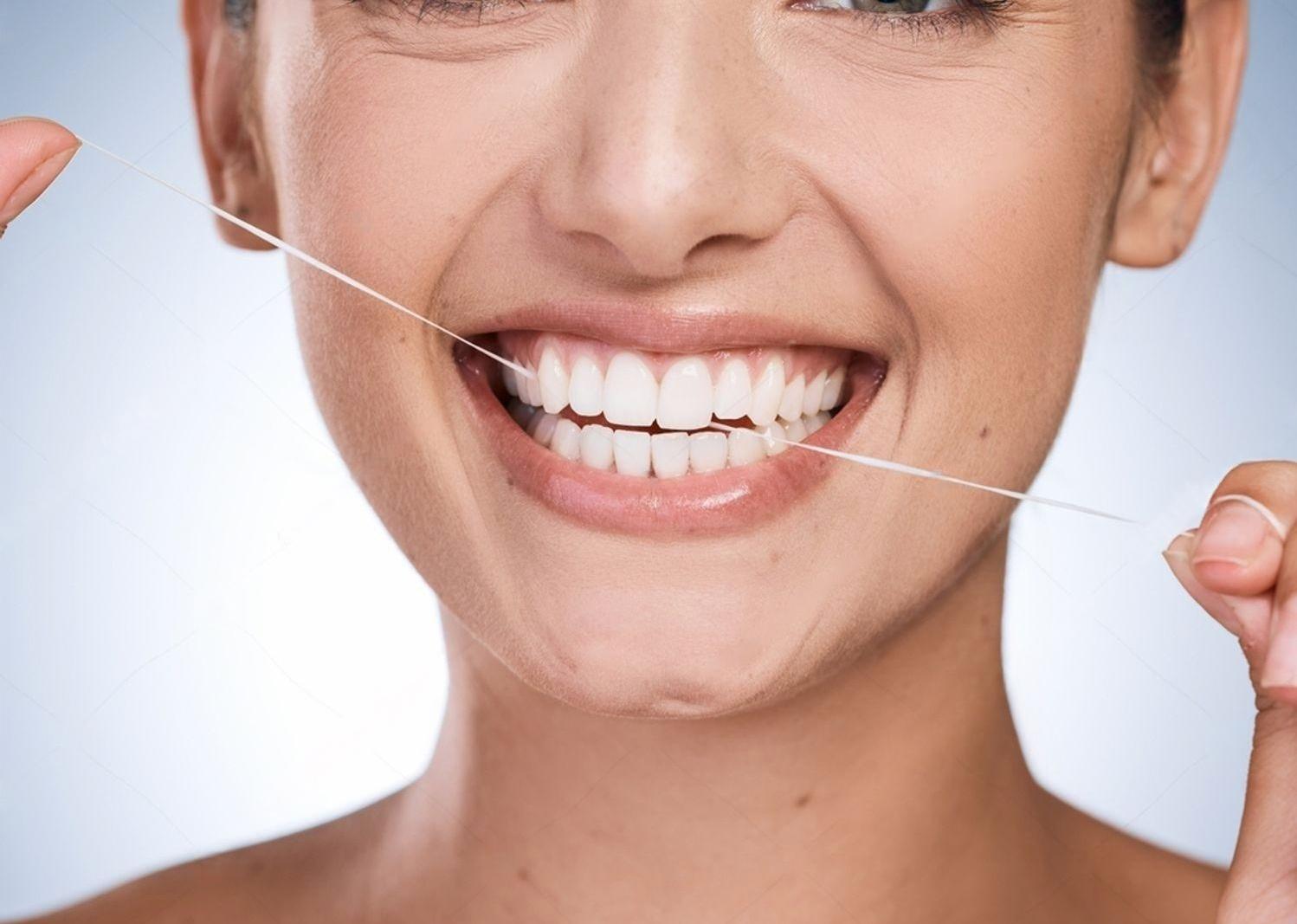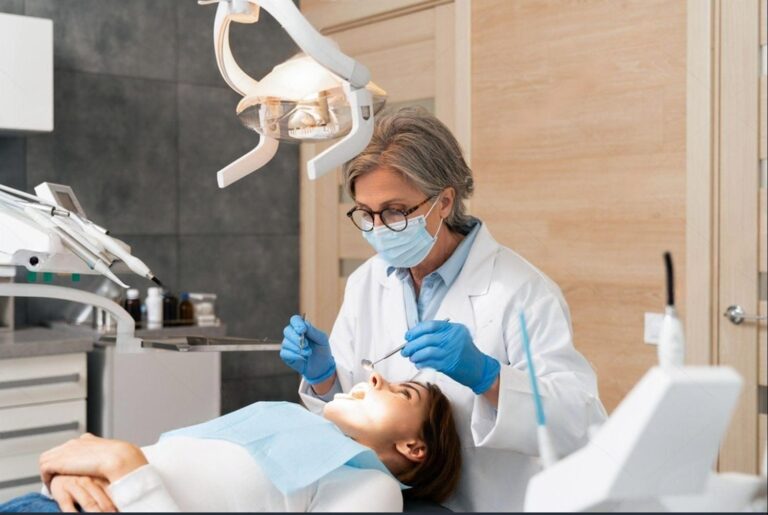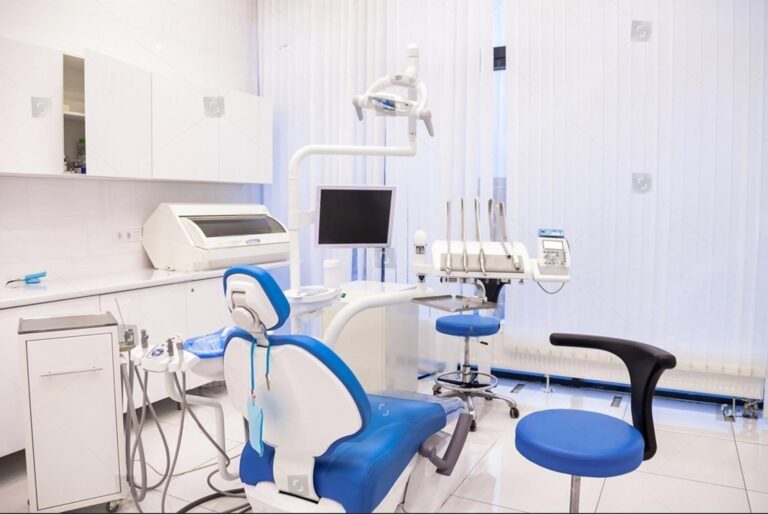Book Appointment Now

Dentist-Approved vs. Over-the-Counter Whitening Products
- On
- InBlog
Introduction
Teeth whitening has become increasingly popular, with both professional dental treatments and over-the-counter (OTC) products offering solutions for a brighter smile. But how do you choose the best option for your needs? This guide compares dentist-approved whitening methods with OTC alternatives, helping you make an informed decision based on effectiveness, safety, cost, and convenience.
1. Professional In-Office Whitening: Fast & Dramatic Results
Dentist-supervised whitening treatments provide immediate, noticeable results with higher concentrations of whitening agents.
✔ Key Features:
-
Uses 25-40% hydrogen peroxide (stronger than OTC products)
-
Activated by LED/laser light for accelerated whitening
-
Gum protection to prevent irritation
-
Noticeable whitening in 1 session (up to 8 shades lighter)
💡 Best For:
→ Quick results before special events
→ Stubborn stains (coffee, tea, smoking)
→ Customized treatment for sensitive teeth
🔗 Explore Professional Whitening Kits
2. Dentist-Prescribed Take-Home Kits: Professional Results at Home
These kits combine professional-grade whitening with at-home convenience.
✔ Advantages:
-
Custom-fitted trays for even whitening
-
10-15% carbamide peroxide gel (stronger than OTC)
-
Dentist supervision for safety
-
Gradual whitening over 1-2 weeks
💡 Ideal For:
✓ Patients who want clinic-level results at home
✓ Those with moderate discoloration
✓ People who prefer controlled whitening
3. OTC Whitening Strips: Affordable & Convenient
Drugstore whitening strips are widely accessible but vary in effectiveness.
✔ What to Expect:
-
3-6% hydrogen peroxide (milder than professional options)
-
Adhesive strips for easy application
-
Require 7-14 days for visible results
-
May cause gum sensitivity
⚠ Limitations:
✖ Less effective on deep stains
✖ Uneven whitening if strips don’t fit well
✖ Not suitable for severe discoloration
4. Whitening Toothpaste: Maintenance, Not Transformation
Whitening toothpaste helps maintain whiteness but won’t dramatically lighten teeth.
✔ How It Works:
-
Low abrasiveness to avoid enamel damage
-
Mild peroxides or blue covarine (optical brighteners)
-
Best for surface stains (coffee, wine)
-
Requires daily use for subtle results
🌟 Best Used For:
✔ Daily upkeep after professional whitening
✔ Preventing new stains
✔ Sensitive teeth that can’t tolerate stronger treatments
5. LED Whitening Kits: Middle Ground Between OTC & Professional
At-home LED kits offer faster results than strips but are less potent than dental treatments.
✔ Pros & Cons:
✓ Faster than strips (3-7 days for results)
✓ Includes peroxide gel + LED accelerator
✖ May cause sensitivity if overused
✖ Quality varies—look for ADA approval
📌 Buying Tip:
Choose kits with sensitivity relief formulas and custom trays for better results.
6. Natural Whitening Methods: Limited Effectiveness
Home remedies like baking soda, charcoal, or oil pulling are gentler but less effective.
✔ What Works (and What Doesn’t):
-
Baking soda (mild abrasive, helps surface stains)
-
Activated charcoal (absorbs some stains)
-
Coconut oil pulling (freshens breath, minimal whitening)
-
Avoid lemon juice/vinegar (erodes enamel)
❗ Important Note:
These methods won’t match professional whitening and should not replace dental care.
Conclusion: Which Whitening Option is Best?
| Factor | Professional | Take-Home Kits | OTC Strips | Whitening Toothpaste |
|---|---|---|---|---|
| Speed | ⚡ Fastest (1 visit) | 🕒 1-2 weeks | 🕒 1-2 weeks | 🐢 Gradual (weeks-months) |
| Effectiveness | ★★★★★ | ★★★★☆ | ★★★☆☆ | ★★☆☆☆ |
| Cost | $$$$ | $$-$$$ | $-$$ | $ |
| Safety | ✅ Dentist-supervised | ✅ Customized | ⚠ May irritate | ✅ Safest for daily use |
For best results:
-
Choose professional whitening for immediate, dramatic results.
-
Use dentist-prescribed kits for strong at-home whitening.
-
Maintain with OTC strips or toothpaste for long-term brightness.
FAQs: Teeth Whitening Explained
Q1: How long do professional whitening results last?
A1: 6 months to 2 years, depending on diet & oral care.
Q2: Can whitening damage teeth?
A2: No, when done correctly. Dentist-supervised treatments are safest.
Q3: Are OTC strips as good as professional whitening?
A3: No, but they’re a budget-friendly option for mild stains.
Q4: Why does whitening cause sensitivity?
A4: Peroxide temporarily opens tooth pores. Use desensitizing toothpaste to ease discomfort.
Q5: Can I whiten crowns or veneers?
A5: No, whitening only works on natural teeth.
Q6: How often can I whiten my teeth?
A6:
-
In-office: 1-2 times/year
-
Take-home kits: Every 3-6 months
-
OTC strips: Follow package instructions
Newsletter Updates
Enter your email address below and subscribe to our newsletter



